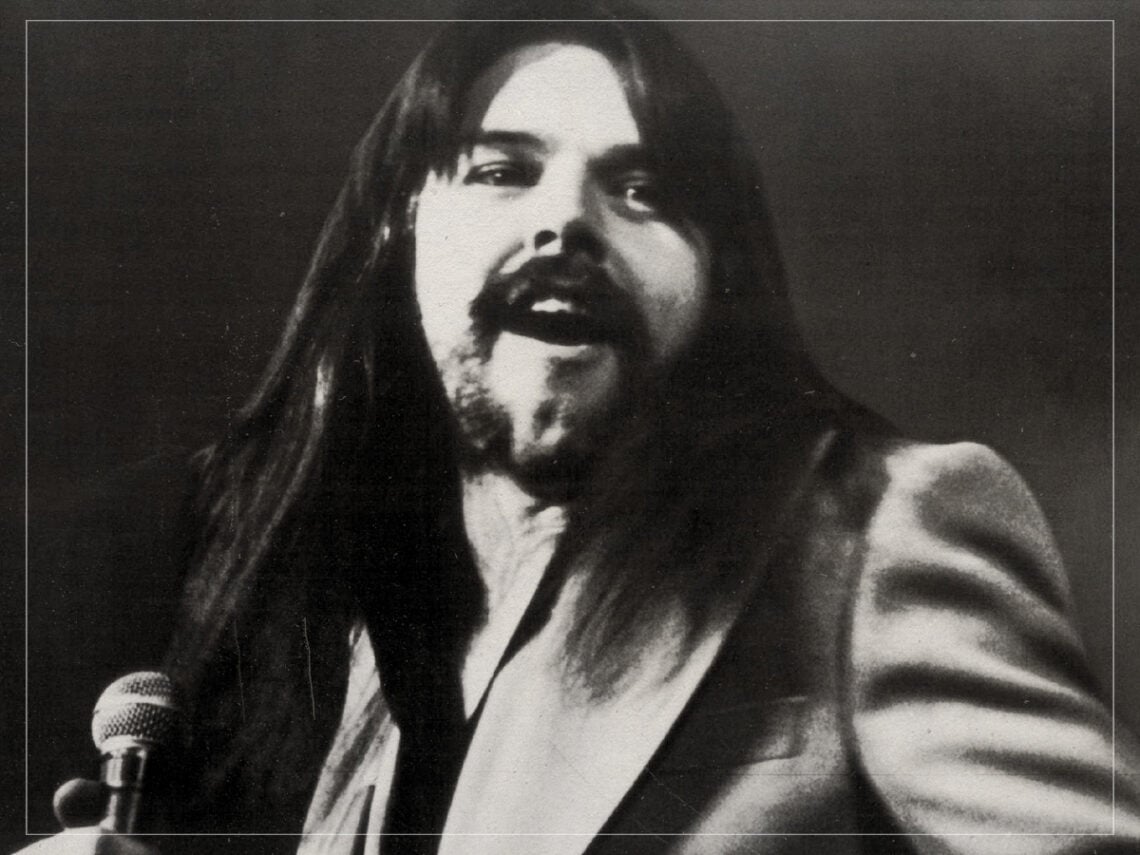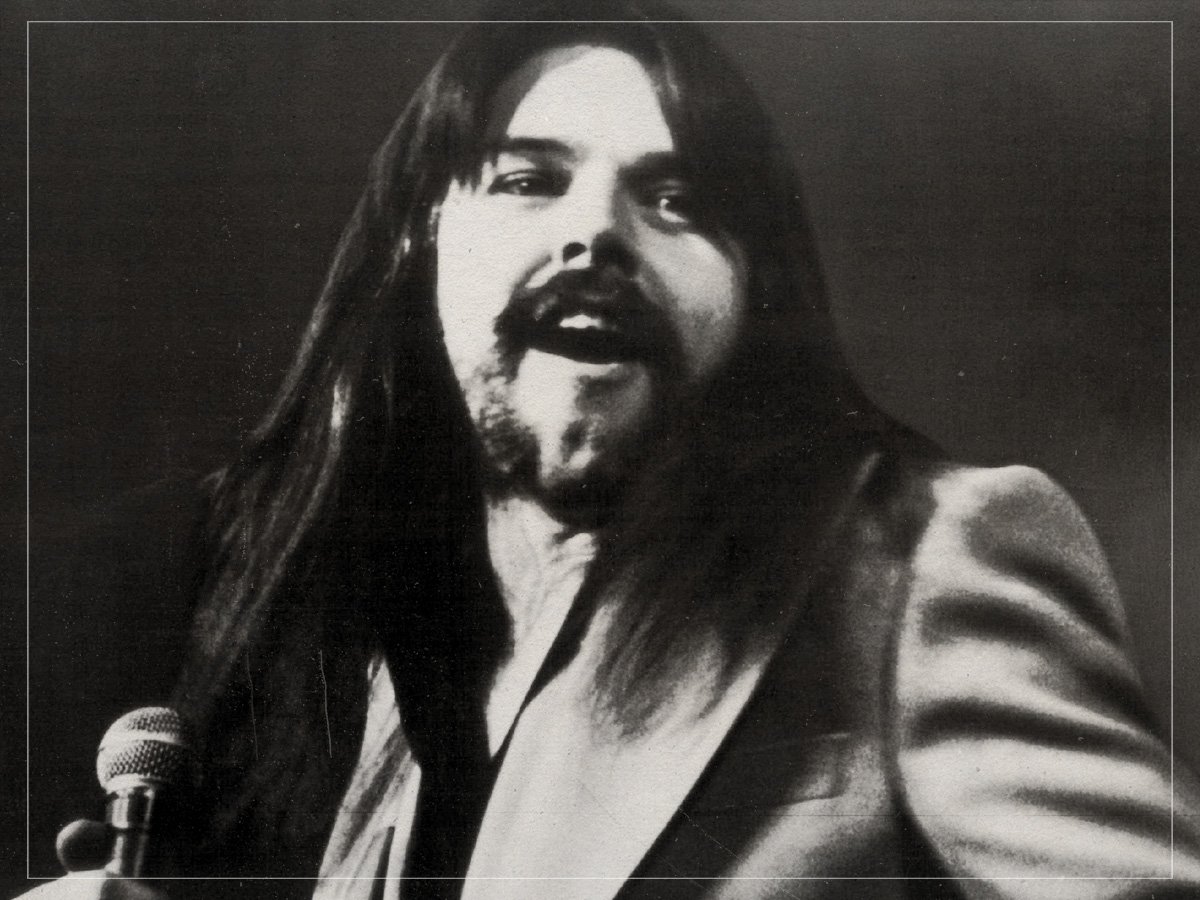
(Credits: Far Out / American Talent International / Capitol Records / Public Domain)
Wed 1 October 2025 21:46, UK
Bob Seger and the Eagles have a history that goes back further than arguably any of the band’s collaborators during their nine years together.
Seger ran into an 18-year-old Glenn Frey on the Detroit rock circuit in 1967, when the latter was still playing teenage hideouts and yet to even visit California. That was four years before Linda Ronstadt brought Frey, Don Henley, Randy Meisner and Bernie Leadon together in her backing band.
Frey actually almost joined Seger’s band before he was caught smoking dope with his new musical mentor, and his mother stopped them from hanging out together. The two of them never lost contact, though, and reunited once they’d both moved to Los Angeles a year later. Frey did Seger the honour of providing guitar and backing vocals for his song ‘Ramblin’ Gamblin’ Man’, and Seger finally returned the favour over a decade later, by which point he was a key figure in the heartland rock movement and Frey was recognised worldwide as co-leader of the Eagles.
The two of them were whiling away an evening jamming at Frey’s house in Laurel Canyon. “I was playing bass, and he was playing guitar,” Seger recalled in a 2018 interview with Louder. Frey had come up with a song fragment, and was trying to create a rhythm for it. “He wanted to write a shuffle. So we’re playing that groove, and Glenn’s singing the verses, and suddenly, out of the blue, the chorus came into my head.”
He followed along with the verse Frey was humming, and then came his moment. “I took what he was singing about and jumped right into the chorus.”
Frey immediately got excited and called Eagles lead guitarist Joe Walsh and the band’s longtime songwriting collaborator JD Souther to help out. Within 12 hours, and with a little of Don Henley’s lyrical magic sprinkled in, they’d fashioned the final number one single the Eagles would ever release.
So, which song did they write?
Seger had helped his old friend write ‘Heartache Tonight’, a mid-tempo stomper with shades of Rumours-era Fleetwood Mac. The year was 1979, and the Eagles were entering the final straight of their run as one of the world’s biggest bands.
Yet, ironically, their last big hit was a call-back to Frey and Seger’s earliest days as musicians, when they were immersed in Detroit’s legendary Motown sound. The verse melody bears an uncanny resemblance to Smokey Robinson’s ‘The Tracks of My Tears’, and Seger claims the two of them were listening to records by another soul icon during their jam session. Sam Cooke is the singer he credits with inspiring his part of the song. “You can kind of hear it,” he told the Detroit Free Press in 2016.
Not so much in Frey’s lead vocal, though, which is more reminiscent of Eric Clapton’s singing on his Derek and the Dominoes record Layla and Other Assorted Love Songs or Lindsey Buckingham at his most unrestrained. It’s a powerhouse performance, which suggested there was still a future ahead for the Eagles. But it wasn’t to be, and this soul-tinged single would prove to be the last great thing the band ever recorded.
Regardless of who or what inspired them exactly, Frey and Seger came up with a classic of their own. One of the most enduring Eagles hits is a fitting testament to the role Frey’s mentor had in shaping his landmark career.
Related Topics
